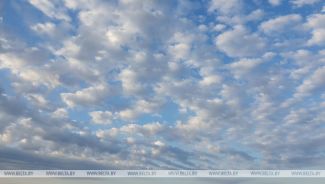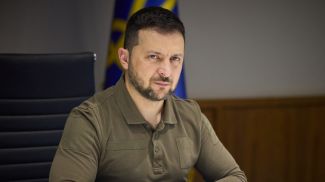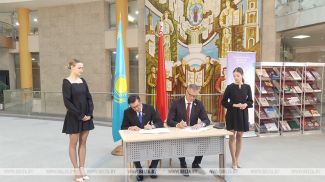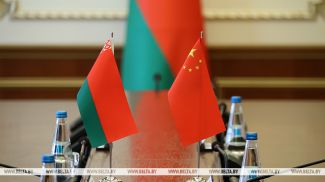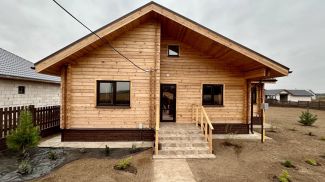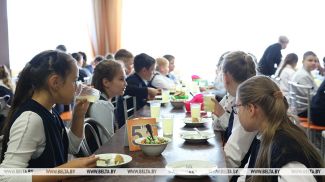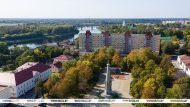MINSK, 22 November (BelTA) – WHO will send several humanitarian cargoes to refugees stranded on the border between Belarus and Poland, WHO Regional Director for Europe Hans Kluge told reporters on 22 November, BelTA has learned.
Hans Kluge noted that he joined a big team of WHO experts who had arrived in Belarus a few days before him. During this time, the experts managed to pay a number of visits and make several assessments, as well as arrange the delivery of the first batches of medicines, medical devices, hygiene kits, etc.
“These are just the first batches; many more will follow, since there is an obvious need for medicines to treat chronic diseases, hygiene kits, as well as personal protective equipment. We are working with the Belarus Red Cross, as well as the UN agencies and structures operating in the country,” Hans Kluge noted.
He expressed gratitude to the government of Belarus for the opportunity to make this visit. “I was given access to the logistics center and to migrants with whom I communicated absolutely without any restrictions. The purpose of my mission is to see the conditions in which people are living, to study what else should be done to protect their health,” Hans Kluge said. He emphasized that as the head of the WHO Regional Office for Europe, he should make sure that the fundamental human right - the right to health – is observed.
“There are challenges that need to be addressed, so today we will meet with the healthcare minister, the Grodno Oblast governor, senior members of the Belarus Red Cross, representatives of the UN system in order to develop a specific plan of action and measures to improve the refugees' conditions and meet their priority needs,” Hans Kluge said. He explained that first of all this pertains to setting up a shower area.
In addition, Hans Kluge thanked Healthcare Minister Dmitry Pinevich for the opportunity to visit several healthcare facilities in Grodno, as well as the heads of these medical facilities for continuing to provide high-quality assistance to everyone, including the refugees and their children. “One of the key tasks of my visit was to see how things are with my own eyes,” he concluded.




